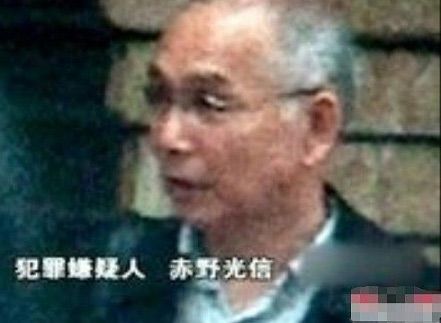Japanese executed, 3 more on death row
Mitsunobu Akano, a Japanese national, was executed on Tuesday morning after he was convicted of attempting to smuggle drugs from China to Japan in 2006, announced the Supreme People's Court (SPC).
|
|
|
Mitsunobu Akano |
"The courts had clear and irrefutable evidence of drug smuggling and the death sentence was handed down and carried out in line with Chinese law," the SPC said in an announcement on Tuesday confirming the execution.
Akano became the first Japanese citizen to be executed by China since the two countries normalized diplomatic relations in 1972.
According to an official from the Japanese Embassy in China, the Consulate of Japan in Shenyang, capital city of Northeast China's Liaoning province, also received a letter from the provincial government on April 1, stating that another three Japanese drug traffickers will be executed this Thursday. The named convicts are: Teruo Takeda, 67, from Nagoya city; Hironori Ukai, 48, from Gifu prefecture; and Katsuo Mori, 67, of Fukushima prefecture.
The official, who withheld his name, told China Daily the embassy staff, including the ambassador, feel "sorry and regretful" about the execution, yet they hope Japanese people will understand that the execution is legal punishment for drug smuggling in China.
"Drug smuggling is a severe crime in Japan and other countries. Each country has its own punishment for it, including the death penalty. We hope no Japanese commits the crime any more," the official said, adding: "I don't think the execution will have any harm on the Japan-China relationship."
Foreign Ministry spokeswoman Jiang Yu said the execution will deter drug smuggling.
"The legitimate rights and interests of the people concerned have been fully guaranteed," Jiang said. "We hope this case will not affect the normal development of China-Japan relations."
According to Japanese media, Japanese Prime Minister Hatoyama, speaking on Tuesday before receiving confirmation of the execution, said: "It is regrettable from the Japanese point of view, even if the legal systems are different. But there isn't much that Japan can do about this."
The 66-year-old Akano was arrested in September 2006 when he was meeting someone at an airport in Dalian, Liaoning province, attempting to smuggle 2.5 kg of stimulant drugs to Japan.
In June 2008, the Dalian Intermediate People's Court handed down a death sentence to Akano. He appealed, but the High People's Court of Liaoning upheld it in 2009 and it was later finalized with the SPC's approval of the execution.
At the beginning of 2007, the SPC started to review every death penalty case rather than allow lower courts to issue the final judgment, a move intended to reduce executions.
Zhu Wenqi, an expert on international criminal law from Renmin University of China, said this is a legal enforcement based on Chinese law.
"Although my academic view is against the death penalty, I don't see any illegitimacy here, as it is the enforcement of a country's law", Zhu said. "China's Criminal Law stipulates that everyone is equal before the law and that criminals should all be punished according to the law, regardless of their nationality."
The Criminal Law stipulates that people trafficking more than 50 grams of heroin can receive death sentences.
Last year a British drug smuggler was executed and the case received widespread attention both within China and in Britain. Akmal Shaikh, a 53-year-old British national, was executed by lethal injection last December in Urumqi, capital of the Xinjiang Uygur autonomous region, after he was convicted of smuggling a large quantity of drugs into China.
Drug crimes are universally recognized as serious criminal offenses and have a severe negative social impact, said a statement from the SPC regarding the execution of Shaikh.
 0
0 








Go to Forum >>0 Comments